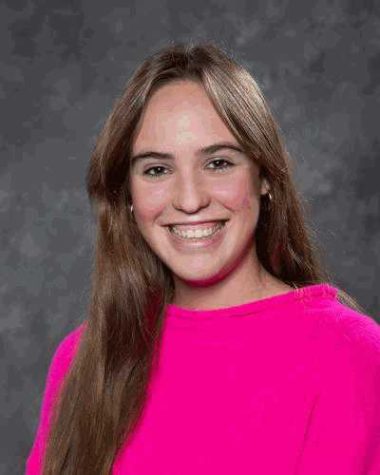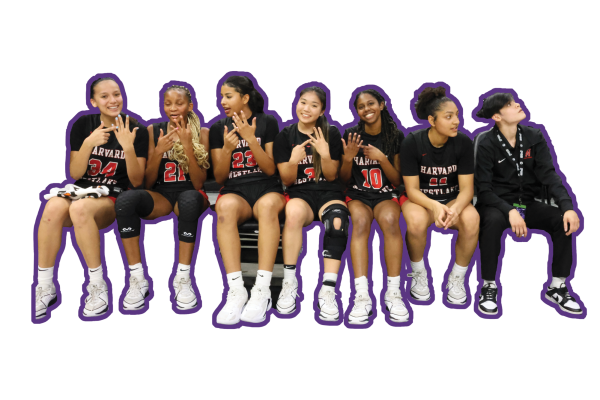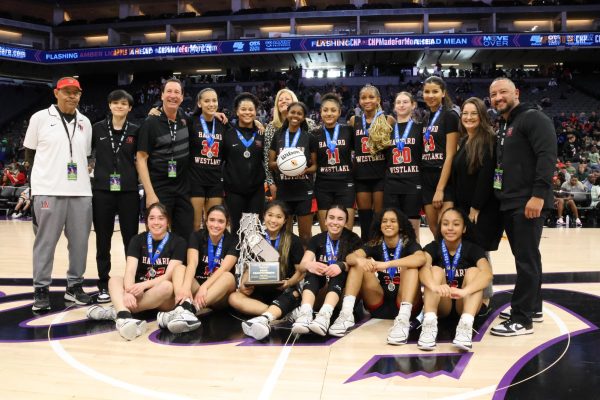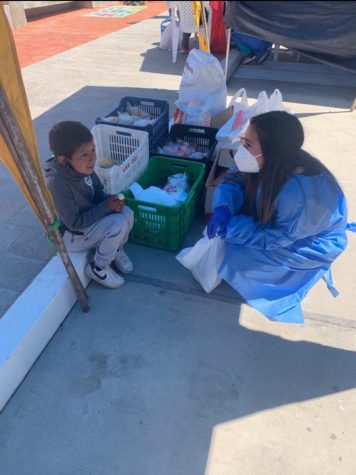Counselors send schoolwide mental health email
February 11, 2021
Upper School Counselors Michelle Bracken, Brittany Bronson and Tina McGraw and Athletics Counselor Kat Scardino sent an all-school email Thursday addressing heightened mental health concerns in the school community following the fatal overdose of Sam Chapman, a 16-year-old who attended Milken Community School, on Sunday.
Chapman died of a drug overdose at home after connecting with a drug dealer on Snapchat, according to an Instagram post by Dr. Laura Berman, Chapman’s mother.
“Sheltering at home. A drug dealer connected with [Chapman] on Snapchat and gave him fentanyl-laced Xanax and he overdosed in his room,” Berman’s post reads.
View this post on Instagram
Chapman’s death underscored recent concerns about students’ mental health amid the COVID-19 pandemic, as students lack access to traditional support networks such as spending time with friends or confiding in trusted adults at school.
Zoe Shapiro ’23, a member of the school’s Plus One Club that supports students through their struggles with grief and mental health, said she has struggled with depression since sixth grade. Although she said she did not resort to substance abuse, Shapiro said she understands the transition from struggling with poor mental health to abusing substances.
“My depression never went into drug abuse or anything like that, but I do know other people who have experienced that,” Shapiro said. “I was almost there. I felt like it was such an easy bridge to get to, which is terrifying, and it’s really scary to think about.”
Mental health has been a recently discussed topic during a virtual all-school meeting.
Shapiro said social isolation as a result of the pandemic combined with the nature of mental health issues has made it more difficult for students to cope with their mental health issues.
“During the pandemic, [mental health] has gotten a lot worse for a lot of people,” Shapiro said. “As much as schools can just say to talk about your mental health, deep down inside what we’re taught is that you have to fix it yourself, and your mental illness will tell you, ‘You can’t get help, it’s not going to work and you’re never going to get out of it.’ Especially being alone in your room, those thoughts can really push you into a spiral […] So, it’s not surprising at all that this has happened to so many people.”
In lieu of in-person support, the school offers various resources for those struggling with mental health issues, including addiction. The Upper School Counselors began hosting student mental health discussions Jan. 21 to address students’ questions and concerns after hosting a Community Flex Time in which various alumni expressed their struggles with mental health.
“The concerns about drug abuse is [sic] heightened across our community during this pandemic as students experience isolation and stress,” the counselors said in the email. “We want to take this opportunity to remind parents and students that our school counseling team is available to talk should you feel that there are indications of substance abuse at home.”
The email also urged community members to contact the Upper School Counselors via email or by scheduling an appointment on the Hub if they or someone they know struggle with their mental health. Students’ deans and Teen Line, a nonprofit organization that provides emotional support online and through a hotline, can also provide support to students. Those who have consumed controlled substances should seek immediate emergency care, the counselors said.
To reach the Teen Line hotline, call (310) 855-4673 or text “TEEN” to 839863














































